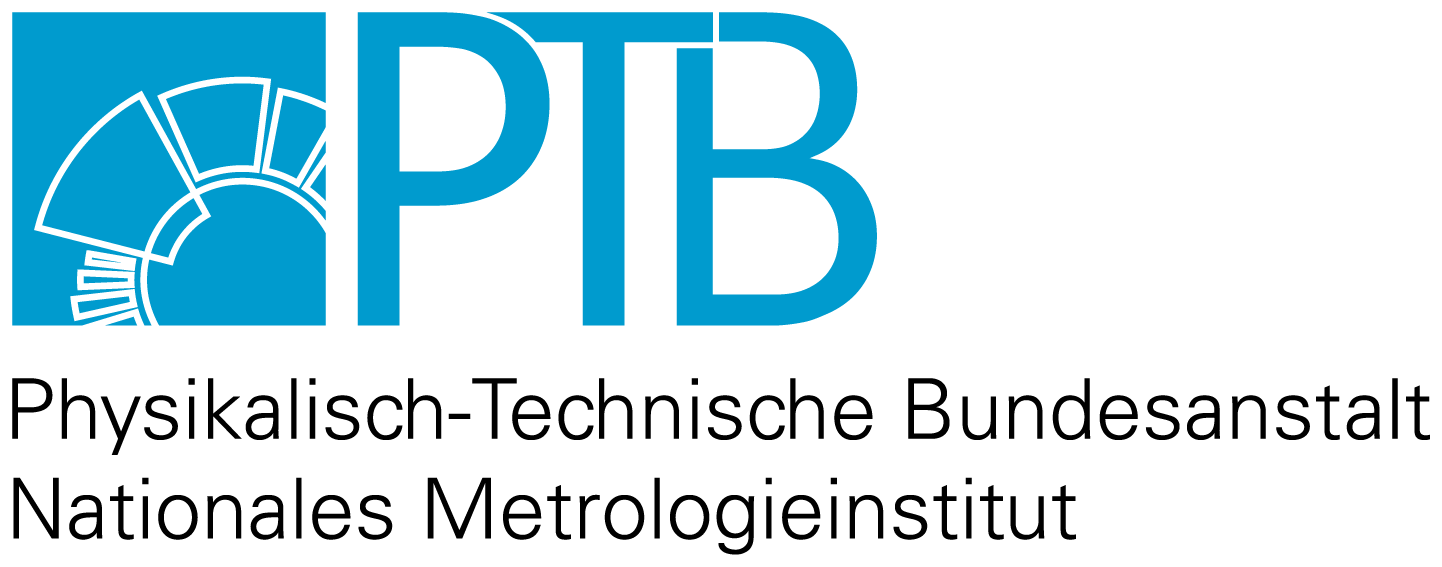| Titel: |
Titel:
Development of Flip-Chip Technology for the Optical Drive of Superconducting Circuits
|
| Autoren: |
Autoren:
Kieler, Oliver, Physikalisch-Technische Bundesanstalt (PTB), Fachbereich 2.4 Quantenelektronik, ORCID: 0000-0001-5193-8910Tian, Hao, Physikalisch-Technische Bundesanstalt (PTB), Fachbereich 2.4 Quantenelektronik, ORCID: 0000-0001-5341-6841 Kraus, Marco, Physikalisch-Technische Bundesanstalt (PTB), Fachbereich 2.6 Elektrische Quantenmetrologie, ORCID: 0000-0002-7592-9493 Priyadarshi, Shekhar, Physikalisch-Technische Bundesanstalt (PTB), Fachbereich 2.4 Quantenelektronik, ORCID: 0000-0003-0840-8206 Felgner, Judith, Physikalisch-Technische Bundesanstalt (PTB), Fachbereich 2.4 Quantenelektronik Alle Autoren anzeigen (8) |
| Beitragende: |
Beitragende:
HostingInstitution: Physikalisch-Technische Bundesanstalt (PTB), ISNI: 0000 0001 2186 1887
|
| Sprachen: |
Sprachen:
en
|
| DOI: |
DOI:
10.7795/720.20240226
|
| Art der Ressource: |
Art der Ressource:
PTB: Messdaten,
DINI: ResearchData,
DataCite: Dataset
|
| Verlag: |
Verlag:
Physikalisch-Technische Bundesanstalt (PTB)
|
| Rechte: |
Rechte:
https://creativecommons.org/licenses/by/4.0/CC-BY 4.0 International |
| Datumsangaben: |
Datumsangaben:
Verfügbar:
2024-02-29
|
| Klassifikationen: |
Klassifikationen:
INSPEC A0620 Metrology ; INSPEC E1810 Packaging
|
| Datei: |
Datei:
Datei herunterladen
(application/zip)
4.4 KB
MD5 Prüfsumme: d91309049349e7cdf678b3c07a1d62f1 SHA256 Prüfsumme: c66f9026aa2ae841ad26fd6c2be8b49bec6ab8101126308e589b47d00fc83db8 |
| Stichwörter: |
Stichwörter:
photodiodes ;
gold stud bumps ;
flip chip devices ;
superconducting quantum circuits ;
cryo-electronics ;
AC Josephson Voltage Standard ;
Josephson Arbitrary Waveform Synthesizer
|
| Zusammenfassung: |
Zusammenfassung:
We discuss the flip-chip mounting process of photodiodes and fiber sleeves on silicon substrates for highly integrated and hybrid quantum circuits for operation at cryogenic temperatures. The size of the gold stud bumps and flip-chip parameters were optimized. Moreover, to connect optical fibers to the photodiodes in an optimal position, the fiber sleeves were aligned with specially fabricated alignment circles before applying thermocompression with the flip-chip machine. The mounted photodiodes were tested at both room temperature and cryogenic temperature, and we find that mechanical imperfections of the sleeve-ferrule combination limit the overall alignment accuracy. The experimental results show that our flip-chip process is very reliable and promising for various optical and electrical applications and, thus, paves the way for fabrication of hybrid chips, multi-chip modules and chip-on-chip solutions, which are operated at cryogenic temperatures.
|
| Inhaltsverzeichnis: |
Inhaltsverzeichnis:
Fig5b.dat: Intensity image values over a vertical section of Fig. 5a.Column 1: horizontal position (unit: micrometer) Column 2: intensity signal (unit: arbitrary units) Fig6.dat: 2D spatial distribution of the normalized photocurrent of one photodiode under irradiation by CW laser light versus x-y position of the ferrule over the photodiode. Laser power: P = 1.6 mW Normalization photocurrent: Idc(max) = 1.2 mA Distance ferrule-photodiode: z = 0 µm Image dimension: 160 × 160 µm Point spacing: 10 × 10 µm Values: normalized photocurrent (unit: %) Fig7.dat: Dependence of the DC output current of one photodiode under irradiation by CW laser light versus the rotation angle of the chip with respect to the ferrule. Laser power: P = 1.6 mW Normalization photocurrent: Idc(max) = 1.2 mA column 1: rotation angle (unit: degrees) column 2: normalized photocurrent for fiber 1 (unit: %) column 3: normalized photocurrent for fiber 2 (unit: %) |
| Anderes: |
Anderes:
This work was partly funded by the EMPIR programme co-financed by the Participating States and from the European Union’s Horizon 2020 research and innovation programme (contract number 20FUN07 SuperQuant) and by the German Federal Ministry of Education and Research (contract number: 13N15934).
|
| Zitat: |
Zitat:
Titel (Jahr)
|
| Bemerkung: |
Bemerkung:
for all: recommended software: text editor, Excel, Origin, etc.
|
| Förderung: |
Förderung:
European Commission (EC), ISNI: 0000 0001 2162 673X, Grant Title: Microwave metrology for superconducting quantum circuits, Grant Number: EMPIR 20FUN07 SuperQuantBundesministerium für Bildung und Forschung (BMBF), ISNI: 0000 0001 2342 0436, Grant Title: Qubits Control by Microwave Integrated Circuits, Grant Number: 13N15934: QuMIC |

-OAR
